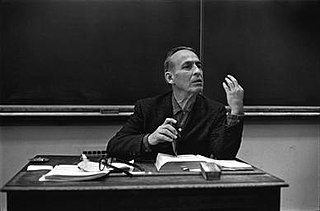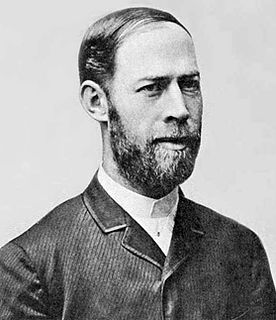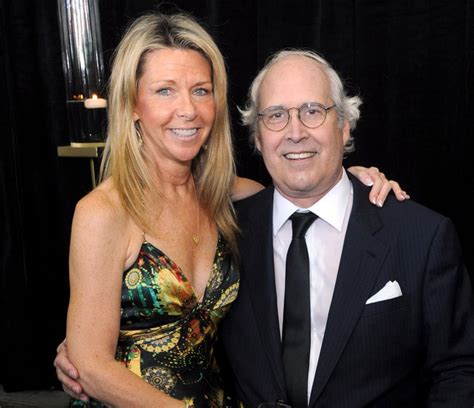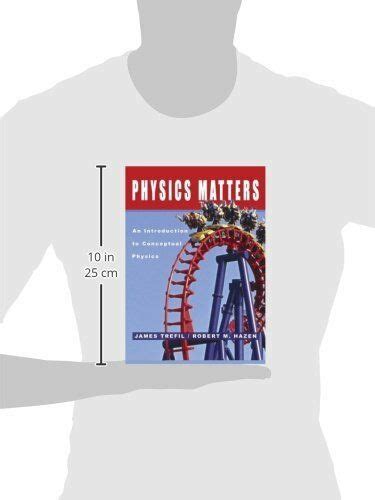A Quote by Norman Maclean
How can a question be answered that asks a lifetime of questions.
Related Quotes
All I did was collect a few of the questions I've been asked through the years, write up a brief response and put them in this publication. As a pastor, you get asked questions and receive emails. Many of them I had answered, but just in conversation. So we kind of re-crafted the question and answered it. It turned out to be an interesting exercise. I hope it's encouraging for people.
The cool thing about Watchmen is it has this really complicated question that it asks, which is: who polices the police or who governs the government? Who does God pray to? Those are pretty deep questions but also pretty fun questions. Kind of exciting. It tries to subvert the superhero genre by giving you these big questions, moral questions. Why do you think you're on a fun ride? Suddenly you're like how am I supposed to feel about that?
On some positions, cowardice asks the question, is it expedient? And then expedience comes along and asks the question, is it politic? Vanity asks the question, is it popular? Conscience asks the question, is it right? There comes a time when one must take the position that is neither safe nor politic nor popular, but he must do it because conscience tells him it is right.
Our confused wish finds expression in the confused question as to the nature of force and electricity. But the answer which we want is not really an answer to this question. It is not by finding out more and fresh relations and connections that it can be answered; but by removing the contradictions existing between those already known, and thus perhaps by reducing their number. When these painful contradictions are removed, the question as to the nature of force will not have been answered; but our minds, no longer vexed, will cease to ask illegitimate questions.
Cowardice asks the question, is it safe? Expediency asks the question, is it politic? Vanity asks the question, is it popular? But conscience asks the question, is it right? And there comes a time when one must take a position that is neither safe, nor politic, nor popular, but one must take it because it is right.
Great question in science - questions like the ones Herschel raised about the structure of the universe - are seldom answered by ivory-tower types engaging in pure thought. They are answered by people who are willing to get down into the trenches and grapple with nature. If that means casting your own telescope mirrors, as Herschel did, so be it.































